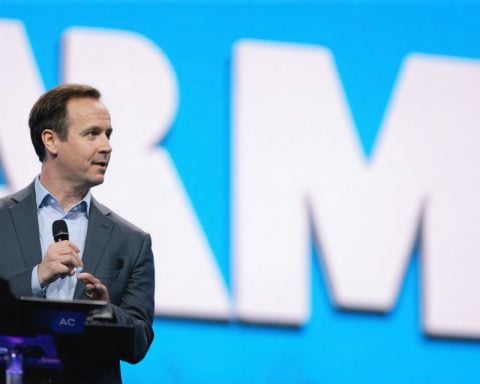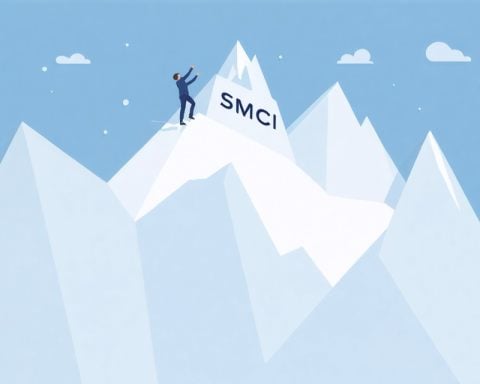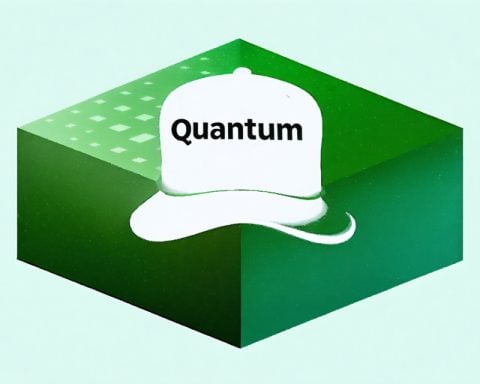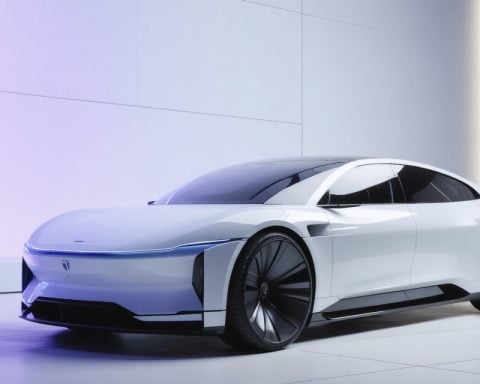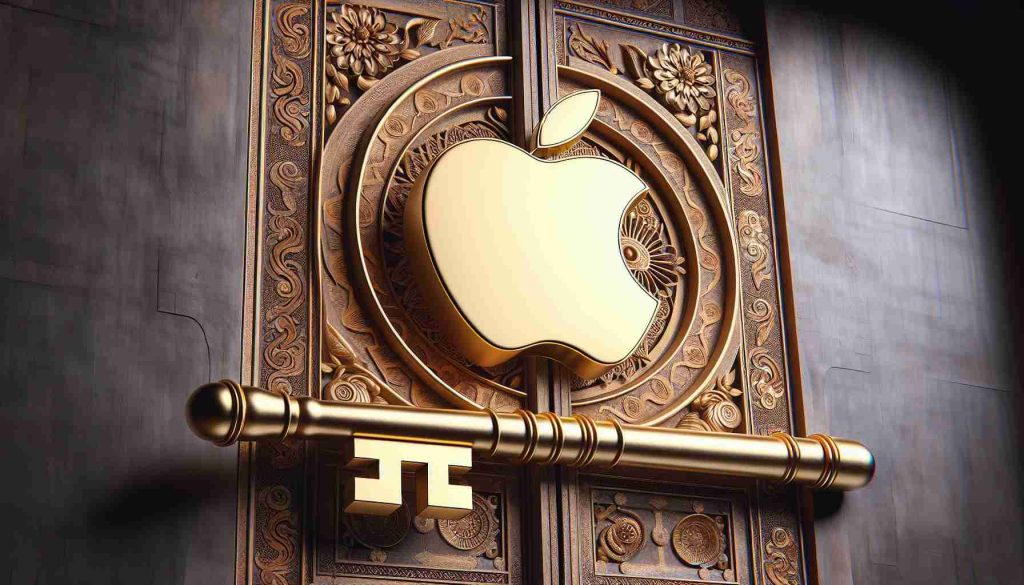Nexalin Technology’s Latest Innovation
In a significant stride for mental health treatment, Nexalin Technology has announced the validation of its groundbreaking Deep Intracranial Frequency Stimulation (DIFS) technology. This development was detailed in a recently published and peer-reviewed article in Psychotherapy and Psychosomatics, showcasing the company’s innovative approach to neuromodulation.
Revolutionizing Brain Treatment
The 15mA DIFS technology by Nexalin is proving to be a major advancement over traditional neurostimulation methods. By achieving unprecedented deep brain penetration, it effectively targets vital regions such as the hippocampus, amygdala, and insula. This capability offers new horizons for treating psychiatric conditions like major depressive disorder and chronic insomnia non-invasively, presenting a safer option compared to conventional invasive procedures.
Market Spotlight
The neuromodulation sector is on an impressive growth trajectory and is projected to reach a staggering $11.0 billion by 2028. Nexalin Technology’s innovative contribution with its personalized neuromodulation solution positions it as a frontrunner in this burgeoning market.
With a focus on enhancing mental health treatments, Nexalin Technology is paving the way toward a future where tailored, non-invasive therapies could become standard practice, offering hope and potentially transforming the lives of many facing psychiatric challenges.
Is Deep Intracranial Frequency Stimulation a Game Changer in Mental Health?
A New Era for Non-Invasive Therapies
Nexalin Technology’s recent breakthroughs in brain treatment have captured significant attention, but what isn’t widely discussed is the broader impact on communities and public health systems. As healthcare providers look toward scalable and less invasive treatments, technologies like Deep Intracranial Frequency Stimulation (DIFS) can potentially revolutionize mental health care accessibility and cost-effectiveness.
Broader Implications for Public Health
One key advantage of the DIFS technology is its non-invasive nature, which drastically reduces recovery times and medical complications associated with traditional surgical methods. This innovation could decrease the strain on hospital resources and healthcare personnel, allowing for a more efficient allocation of services. For rural or underserved areas with limited access to advanced medical treatments, DIFS could be a lifeline, bringing high-quality care to broader populations.
Facts, Controversies, and Economic Considerations
Interestingly, this technology comes at a time when mental health statistics underscore a growing need for innovative interventions. According to the World Health Organization, approximately 280 million people worldwide suffer from depression, with many having little access to effective treatment options. The potential for DIFS to address this treatment gap is significant.
However, controversies linger. Critics question the long-term effects on brain health, as extensive studies are still underway. Ethical concerns also arise regarding patient consent and the potential commercial exploitation of vulnerable patient populations.
Economically, while the upfront costs of implementing DIFS may be substantial, the reduction in long-term healthcare costs could make it a cost-effective solution for health systems worldwide. This raises an important question: can governments and healthcare institutions absorb the initial investment required to integrate such technologies widely?
Impact on Individual Lives
The potential benefits for individuals suffering from mental health disorders are profound. Imagine a world where debilitating depression or chronic insomnia can be managed effectively without side effects typical of pharmaceutical interventions. Patients would enjoy improved quality of life and enhanced productivity, potentially transforming personal and professional landscape.
Concluding Thoughts
As DIFS technology is ushered into the mainstream, it opens up discussions about the future of psychiatric treatment and its various ripple effects on society. While it’s important to remain cautiously optimistic, the promise of such non-invasive therapies is an exciting development for the mental health sector.
To stay updated on the latest developments in neuromodulation and mental health treatments, check out resources like the World Health Organization and National Institutes of Health.
What remains to be seen is how quickly such innovations can be integrated into healthcare systems globally and whether they will truly live up to the promise of revolutionizing mental health care.








